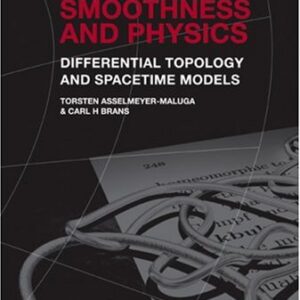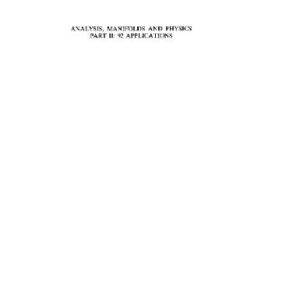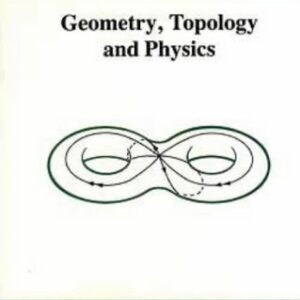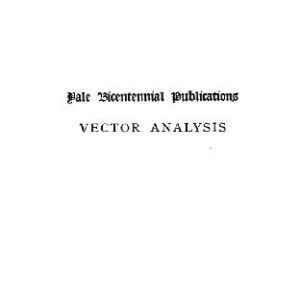This classic text builds a solid introduction to the concepts and techniques of quantum mechanics in settings where the phenomena treated are sufficiently simple that the student can readily assess the validity of the models or the reliability of the approximations and can thus concentrate on the intrinsic difficulties of the subject. The treatment thus confines itself to systems that can either be solved exactly or be handled by well-controlled, plausible approximations. With few exceptions, this means systems with a small number of degrees of freedom. The exceptions are many-electron atoms, the electromagnetic field, and the Dirac equation. (The inclusion of these last two topics reflects the now widely held belief that every physicist should have should have some knowledge of these cornerstones of modern physics.) This new edition has been completely revised and rewritten throughout, but retains the clarity and readability of the first edition. Born in Vienna, Kurt Gottfried emigrated to Canada in 1939 and received his Ph.D. in theoretical physics from the Massachusetts Institute of Technology in 1955. He is professor of physics at Cornell University, and had previously been at Harvard University and at CERN in Geneva, Switzerland. He is the co-author of Concepts of Particle Physics (with V.F. Weisskopf) and of Crisis Stability and Nuclear War. Gottfried has done research in both nuclear and particle physics; he has an active interest in arms control and human rights and is a founder and currently the Chair of the Union of Concerned Scientists. Tung-Mow Yan, originally from Taiwan, received his Ph.D. in theoretical physics from Harvard in 1968. He has been a member of the Cornell faculty since 1970 after spending two years as a research associate at the Stanford Linear Accelerator Center. He has conducted research in many areas of elementary particle physics.

![[PDF] Quantum mechanics: fundamentals Kurt Gottfried, Tung-Mow Yan](https://pdfelite.com/wp-content/uploads/2024/04/45a706df8f67eb29bbad90cd85267b8b-d.jpg)




Reviews
There are no reviews yet.